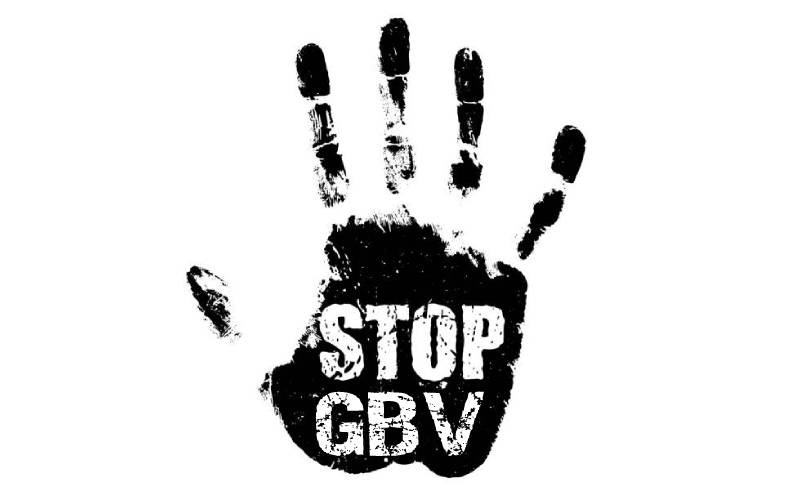×
The Standard e-Paper
Kenya’s Boldest Voice

As the world marks 16 days of Activism against gender-based violence this year, Kisii County remains one of the hotpot counties with high GBV prevalence.
According to the National Crime Research Centre (2018-2022), statistics indicate that general child sexual exploitation in Kisii County is over 30 per cent, which includes defilement at 11.8 per cent, alarmingly higher than the national defilement rate that is 7.1 per cent.